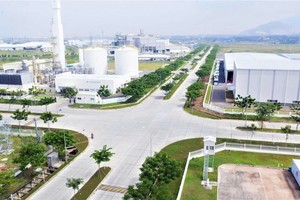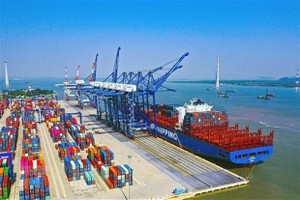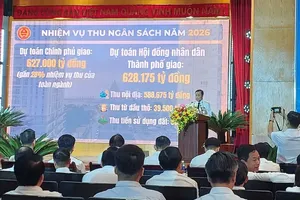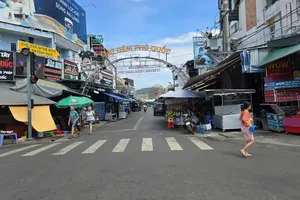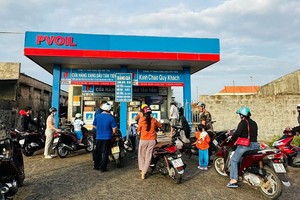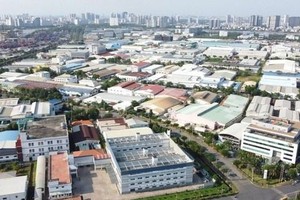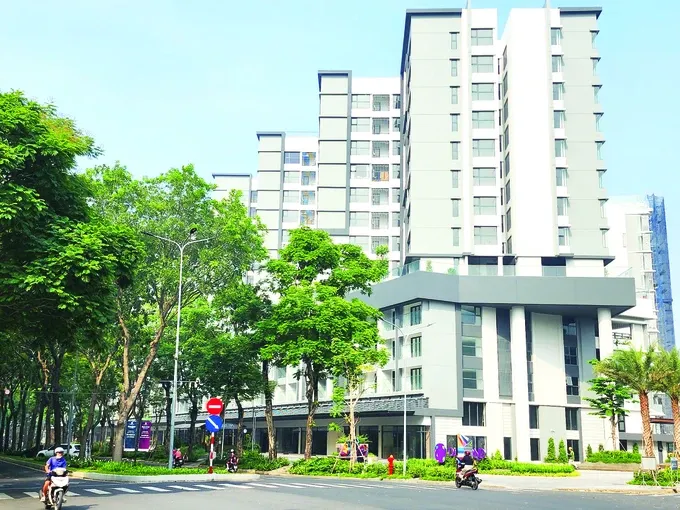
35-year-old nguyen Huu Hao, an engineer working in Saigon Hi-tech Park in Thu Duc City of HCMC, shared that his monthly salary is VND17 million (US$668), while his wife can earn VND8 million ($314) per month. His family can afford an apartment priced around VND1.4 billion ($55,000) and make a 30-percent down payment. Each month, the bank would support them with a loan, and they would pay approximately VND10 million ($393) in principal and interest. Unluckily, he cannot find a condominium at such a price in HCMC.
The concern of Hao is shared by several young middle-income families living in HCMC.
A recent survey by Batdongsan.com.vn on 537 real estate agents reveals that:
- 32 percent of respondents attributed the price increase to a shortage of supply and limited options.
- 23 percent of respondents cited a strong resurgence in homebuying demand.
- 15 percent of respondents believed that new supply prices were too high.
- 15 percent of respondents attributed the price increase to investment and speculation demand.
This survey also displays a double rise in condo selling price in the 2023-2024 period compared to the 2013-2016 one, reaching VND45 million ($1,768)/m2 despite the predicted recovery of the real estate market.
CEO Duong Thuy Dung of CBRE Vietnam shared that the main reason is the housing supply remains too low. Specifically, it is forecast that for the entire year of 2024, the HCMC real estate market will only see around 8,000 apartments offered for sale (a very low level compared to the average of 30,000 units/year over the past 10 years). In the first quarter of 2024 alone, the total supply of condominiums in HCMC was only around 1,000 units.
In a recent press conference about socio-economic status of HCMC, Deputy Head Vu Anh Dung of the Division of Housing and Real Estate Market Development - HCMC Department of Construction stated that in the first few months of 2024, the city only had one real estate project approved by the Department of Construction, which is a high-end commercial center and apartment complex in District 5.
This low supply of new apartments is due to legal hurdles. Many projects that have received investment policy approval are still facing procedures related to financial obligations, land, planning, and even legal reviews and land origin verification. As a result, when these projects are received and considered by the Department of Construction, they will not meet the conditions for capital mobilization.
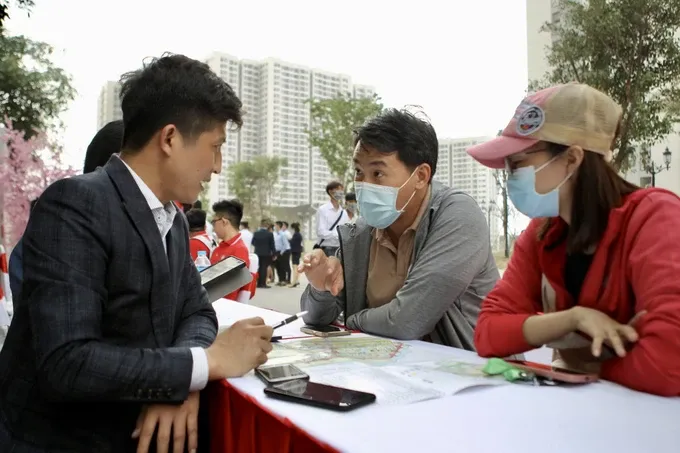
Many real estate businesses like Novaland, Nam Long, An Gia, Hoang Quan, Becamex, and Vinhomes announced their intention to prioritize the development of affordable housing projects, including social housing and middle-income housing, in HCMC and neighboring provinces. However, despite these commitments, several challenges persist in the policy mechanisms that could encourage more investment in this crucial segment of the market.
Experts in the field pointed out two main factors leading to these challenges. Firstly, the substantial increase in input costs has driven up the overall investment and construction expenses for real estate developers.
Secondly, the lengthy and complex legal procedures associated with real estate projects often result in significant delays, further hindering project development. This is particularly problematic for real estate companies, which often rely heavily on financial leverage and loans from bond markets and banks. Prolonged project timelines translate into increased interest expenses for these companies, which are ultimately reflected in the final product prices.
Based on the intention of the Government, real estate businesses expect to have more affordable and social housing apartments in the next 3-5 years. However, to fulfill this aim, the Government's role remains paramount in guiding and regulating market development through policies, institutions, and strategies.
In particular, it is utmost important to address legal-related issues for housing projects so that construction work can be carried out as soon as possible. The newly released laws on land, construction, and real estate trading are predicted to bring about a more promising future to the real estate market.
Dr Le Xuan Nghia, member of the National Advisory Council for Monetary Policies, proposed that state management units should simultaneously apply various solutions like removing legal obstacles, maintaining low lending interest rates to revive suspended projects, using mechanisms to attract investors for the affordable housing segment.
Chairman Nguyen Van Dinh of Vietnam Real Estate Brokers Association highlighted the challenges posed by rising land acquisition costs, particularly in light of upcoming regulatory changes.
The elimination of land price caps and the adoption of market-based land valuation will further increase input costs. In addition, increasingly complex and time-consuming procedures to obtain a permit for condominium construction lead to higher interest expenses and overall costs, not to mention rising construction costs, labor expenses, and material prices.



